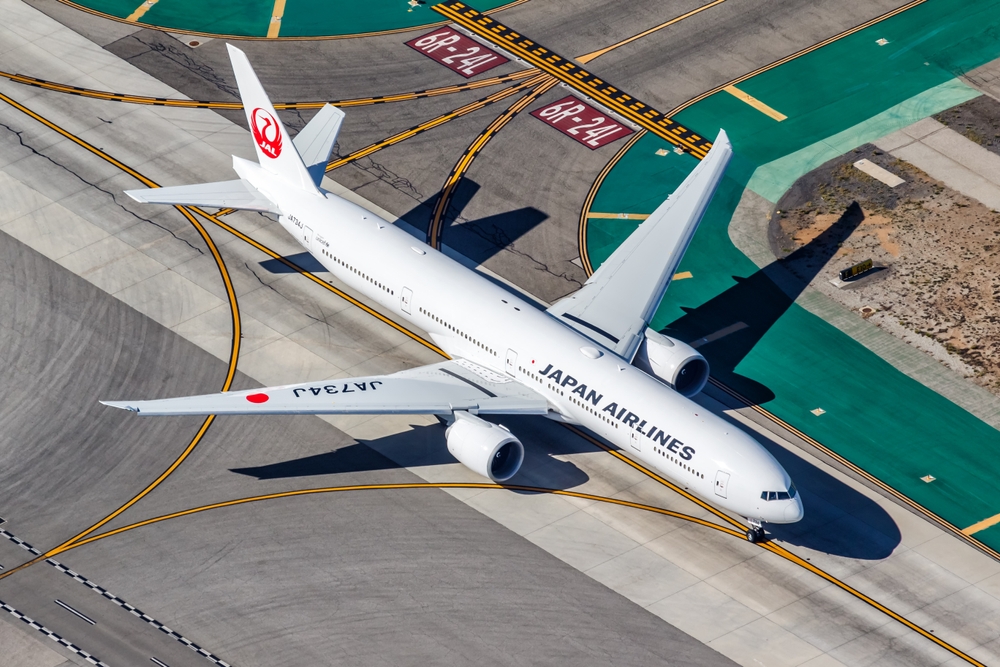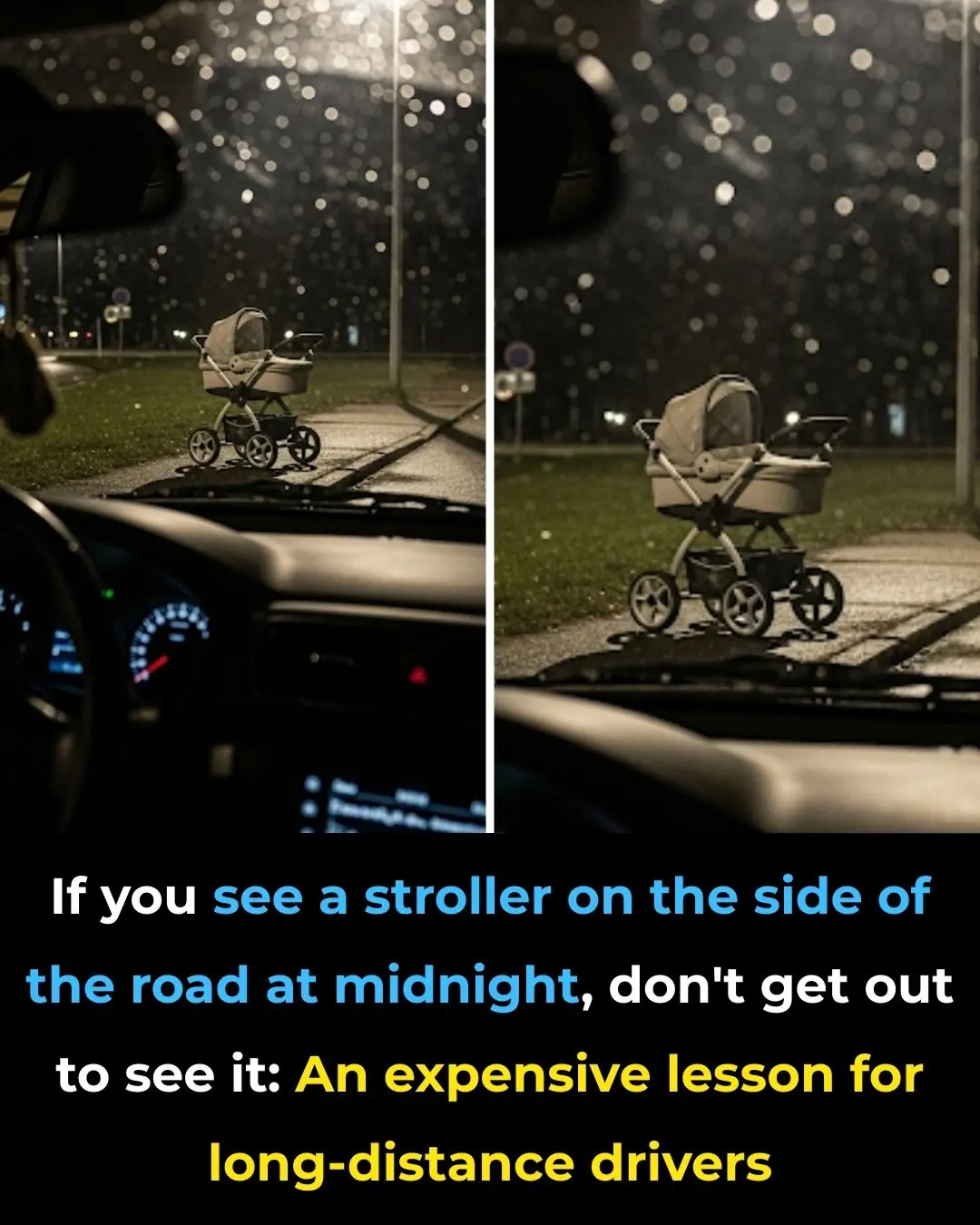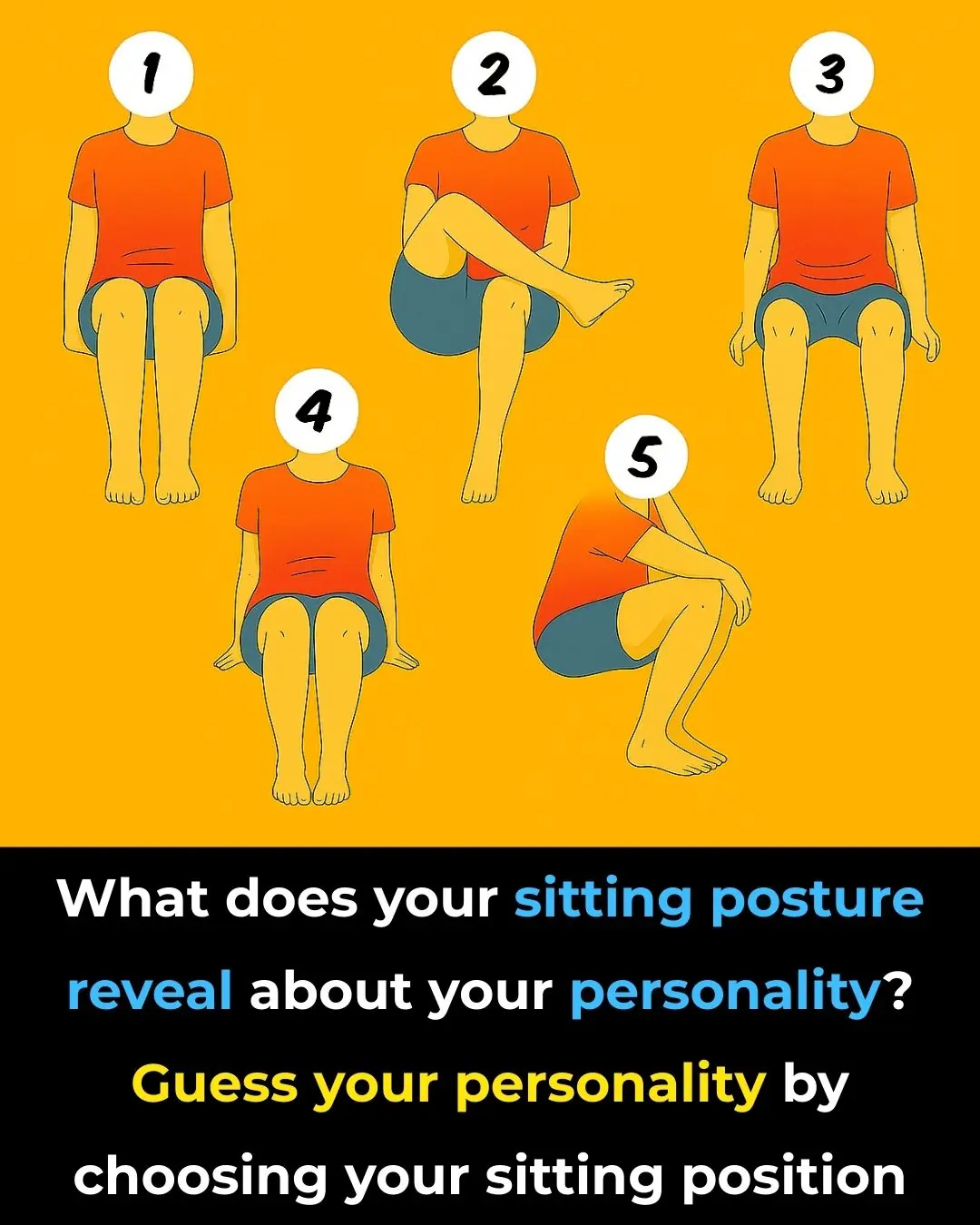
Japanese airport has never lost luggage in over 30 years – This is why

When Luggage Never Gets Lost: The Kansai International Airport Standard
Few things can ruin the joy of travel faster than reaching your destination only to find that your suitcase has vanished somewhere between departure and arrival. For millions of passengers each year, that anxious wait at the baggage carousel ends in frustration, turning excitement into stress. In the United States alone, airlines misplace roughly three million bags annually, and European airports experience similar breakdowns, particularly during summer peaks and holiday surges. Lost luggage has become so common that most travelers now accept it as an unavoidable cost of modern aviation.
And yet, Japan has quietly proven that this does not have to be the case. Kansai International Airport—an engineering marvel built on an artificial island in Osaka Bay—has maintained a flawless record for over thirty years. Since opening in 1994, it has never lost a single piece of luggage. In 2023, even while handling nearly 14 million passengers, the airport preserved its spotless track record. At a time when global aviation is plagued by mishandling rates, Kansai offers a striking counterexample: perfection is possible.
A Perfect Record in a World of Failures
In an industry where misplaced bags are so routine that passengers pack essentials in carry-ons “just in case,” Kansai’s performance stands out like a beacon. By comparison, according to the U.S. Bureau of Transportation Statistics, American airlines collectively misplace around three million pieces of luggage each year. European carriers, facing labor shortages and strained infrastructure, routinely make headlines when baggage backlogs stretch for days.
Kansai’s secret is not some futuristic technology hidden behind the scenes. Instead, it relies on a disciplined, layered system that emphasizes responsibility and thoroughness. Tsuyoshi Habuta, the airport’s chief of baggage operations, describes the philosophy simply: “Luggage is precious to passengers.” To ensure every bag arrives, handlers don’t just load cargo—they organize, count, and recheck it repeatedly before it ever touches the aircraft hold.
Even the smallest details matter. Upon arrival, baggage handlers place each suitcase on the carousel with its handle facing outward, a gesture that might go unnoticed but saves weary passengers a moment of struggle. These details, Habuta explains, reflect a deeper cultural value: the Japanese spirit of omotenashi, or wholehearted hospitality. At Kansai, this attitude turns invisible labor into tangible peace of mind.
The Systems Behind Perfection
Kansai’s operational model is built on the principle of redundancy—every step includes backups to catch potential errors. Unlike many airports where luggage is stacked in bulk or fed automatically through conveyor networks with minimal human touch, Kansai treats baggage handling as a structured, almost choreographed routine.
-
Pre-flight preparation: Bags are arranged in specific configurations, making counting easier and minimizing damage during transport.
-
Layered checks: Each suitcase is inspected multiple times, with staff cross-referencing counts against passenger lists.
-
Departure assurance: Before takeoff, bags are recounted, ensuring that every piece loaded matches the flight manifest.
This system may appear labor-intensive, but it minimizes downstream chaos. Instead of reacting to missing luggage after the fact, Kansai prevents errors at the source. The airport’s philosophy recognizes that the cost of prevention is always lower—financially and reputationally—than the cost of failure.
The Human Factor: Pride and Teamwork
Technology alone cannot explain Kansai’s streak. What truly sustains it is human dedication. Handlers describe their jobs with quiet pride, even though passengers rarely notice their work. They see themselves as performers in a backstage role, invisible yet essential to the traveler’s experience.
At Kansai, luggage handling is not an individual task but a collective mission. Employees train with the understanding that a single mistake could ripple across hundreds of passengers. This awareness fosters accountability, discipline, and a culture where “good enough” is never acceptable. Many handlers work grueling shifts of ten hours or more, but describe satisfaction in knowing that every passenger’s journey will end without baggage-related stress.
This mindset is consistent with Japanese workplace culture, where reliability and consistency are core values. Yet Kansai’s baggage staff exemplify how these cultural norms can be transformed into measurable results. Their record demonstrates that in a world increasingly dominated by automation, human attentiveness still provides the ultimate safeguard.
Hospitality as Infrastructure
Omotenashi—the Japanese concept of hospitality—runs through Kansai’s baggage system like an invisible thread. Unlike Western notions of service, which often focus on dramatic gestures, omotenashi emphasizes anticipating needs, even ones the traveler may never voice. Something as small as a suitcase handle pointing outward is not trivial but an intentional act of care.
Over time, these small actions accumulate into trust. Passengers leave Kansai not just with their belongings intact but with a subconscious assurance that their journey was respected at every stage. In this way, hospitality becomes a form of infrastructure, just as vital as runways and terminals. It is invisible, yet it shapes the traveler’s overall impression of safety, comfort, and reliability.
A Global Contrast
Placed against the global backdrop, Kansai’s perfection feels almost radical. In the U.S. and Europe, mishandled baggage is framed as an unfortunate inevitability of scale and complexity. Many airports prioritize speed and cost-efficiency, investing in automated systems while cutting back on staff. But these trade-offs introduce new vulnerabilities: scanner errors, system failures, or simple oversights can quickly cascade into thousands of lost bags.
Kansai, by comparison, shows that a different balance is possible—one where technology supports but does not replace human judgment. Its methods may appear slower or less “efficient,” yet its results suggest otherwise. By preventing errors upstream, the airport avoids costly downstream recovery efforts and builds traveler loyalty that cannot be measured in dollars alone.
Raising the Standard
Kansai International Airport’s unbroken streak is not just a Japanese success story; it is a quiet rebuke to the rest of the aviation world. It challenges the assumption that baggage mishandling is inevitable. Instead, it proves that when responsibility, discipline, and care are prioritized, perfection is achievable—even at scale.
For passengers, Kansai’s record should inspire higher expectations. Travelers deserve more than just safe flights; they deserve confidence that their belongings will follow them without incident. For airports and airlines, the lesson is equally clear: trust is not built by apologies after failure but by designing systems that prevent failure in the first place.
The broader lesson extends beyond aviation. Kansai shows that excellence is never an accident. It emerges from processes designed to anticipate failure, from workers who take pride in tasks that others overlook, and from cultures that view service not as a transaction but as a responsibility. If more industries adopted this mindset, the inconveniences we’ve normalized—whether in travel, healthcare, or technology—might prove just as preventable as lost luggage.
News in the same category


The hidden meaning of thumb rings: what they represent for women vs. men

The Small Hole on the Sink: A Feature You Never Knew You Needed

Concerned Woman: Beware of Abandoned Prams on Roadsides!

Your Character According to Your Sitting Style

California’s Canals Are Being Covered With Solar Panels To Save Water And Generate Power

Scientists Regenerate Eyes With Stem Cells Restoring Corneas And Full Vision In Patients

Emma Stone explains why not believing in aliens is ‘narcissistic’ as she declares belief in extra terrestrial beings

Damaging effects of new ‘phubbing’ trend that could be ruining your relationship

A Company in Kenya Builds Houses From Recycled Shipping Containers – Solar-Powered and Ready in Days

What Terrible Things Happen When Women Lack Intimacy? A Painful Yet True Reality

Why You Should Never Place Your Bed Like This

Sink Trick You Should Always Do Before Vacation

Elon Musk Issues Serious Warning on Japan’s Population Decline

What it says about your relationship when your partner sleeps with their back to you

Orlando Bloom explains ‘horrible’ side effects his weight-loss transformation caused

A:dult star reveals the clause written into her contract that helps keep her safe

Bear Attack Survivor’s Haunting Farewell Note to Wife After Gathering Pieces of His Own Flesh

Ring Finger Longer Than An Index Finger
News Post

Seniors: Take This for 5 Nights and See What Comes Out in Your Stool!

Clove benefits for Skin – Clove Oil, Clove Gel & Clove ice cubes

The Surprising Benefits of Overnight Tea: A Wasteful Habit You Might Not Know About

How to Clean Limescale Off Your Faucet in Just 25 Seconds with a Simple Trick

How to Clean Your Air Conditioner Easily in Just 15 Minutes — No Technician Needed, Even Women Can Do It Effortlessly

How to Keep Your Non-Stick Pan as Good as New for 3 Years: Simple Tips and Tricks

Using Electric Kettles to Boil Water: 9 Out of 10 Households Make This Mistake — Remind Your Loved Ones to Fix It Early

These 3 types of “acne” on the body could be cancerous; whether male or female, no matter the age, don’t ignore them.

Why Some People Can’t Handle Spicy Food

The hidden meaning of thumb rings: what they represent for women vs. men

The Small Hole on the Sink: A Feature You Never Knew You Needed

🌅 Three Morning Symptoms That Could Be Early Warning Signs of Cancer

Woman shares ’embarrassing’ symptoms she regrets hiding from doctors as she’s diagnosed with incurable cancer

Concerned Woman: Beware of Abandoned Prams on Roadsides!

Your Character According to Your Sitting Style

They say the eyes are the windows to the soul — but what about the mind’s eye?

Should You Eat Rice for Breakfast

Japan has a Lower Rate of Breast Cancer than the U.S. – This Nutrient Makes the Difference

How To Do a 3-Day Sugar Detox to ACCELERATE Fat Loss And Improve Your Mood!
